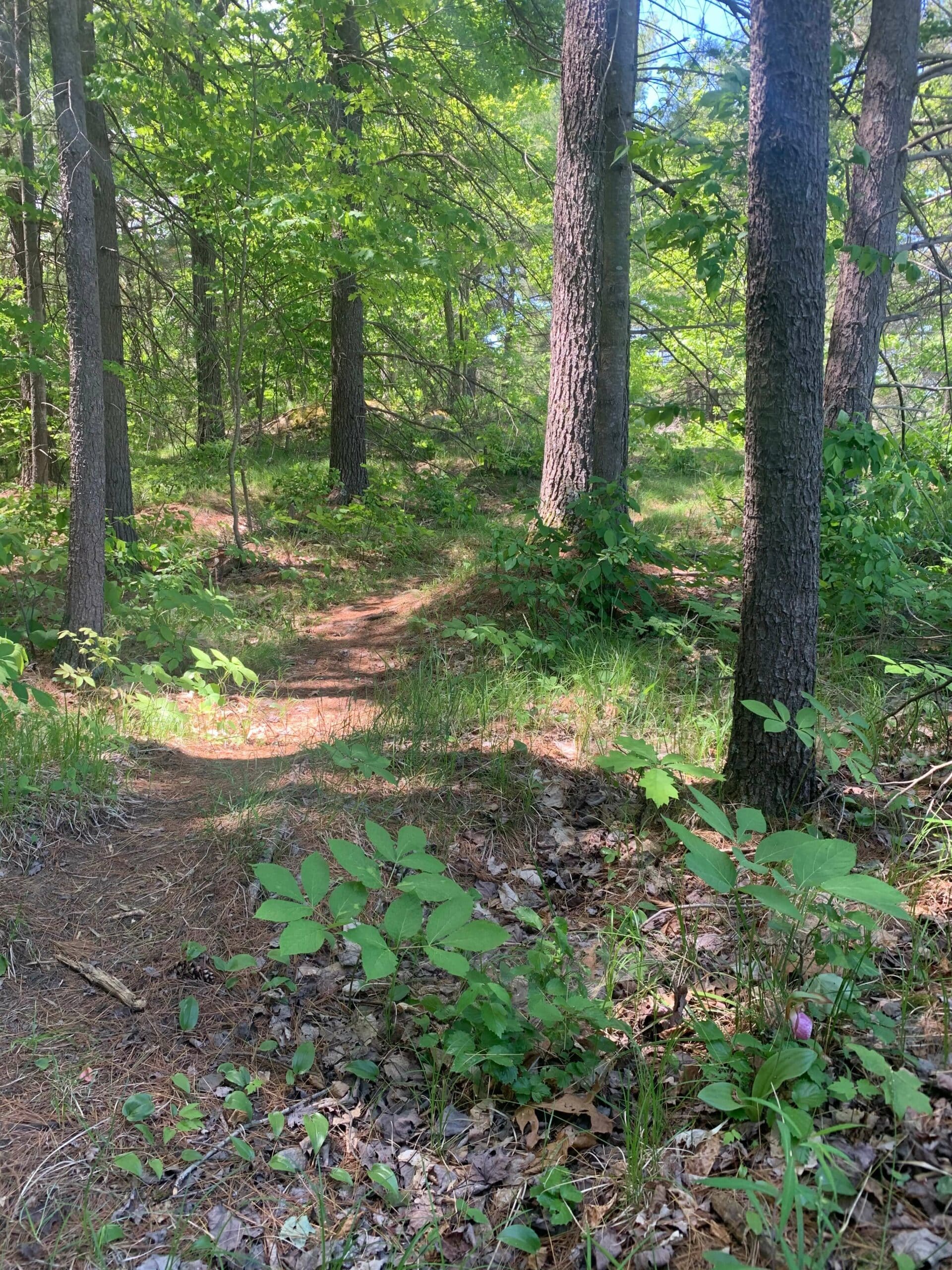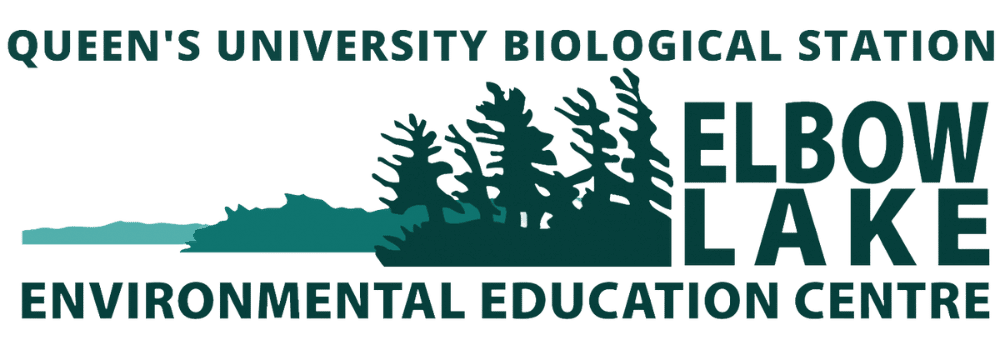
Food and the Impact of Climate Change
Grade 9 & 10
Big Ideas
- Humans must know and understand themselves, in the context of their relationship to the world around them, to be in good relationship with themselves, their kin and the natural world. Ie: interdependence.
- Humans are a part of the land and have reciprocal relationships they must learn how to fulfill. An understanding of what these roles are can be developed by gaining a holistic perspective on how animals and plants relate to other things and behave throughout the year. Fulfilling these roles helps the natural world, of which humans are a part, thrive.
- Learning language can help students to understand the Indigenous worldview. (Keeping in mind that Indigenous languages are not easily translated into English language and depends on context, circumstances, situations.)
- Students can understand and engage in reciprocal relationships with the natural world without appropriating elements of Indigenous culture and ceremony. Ie: Students can use words and ceremonies from their own cultures and traditions when relating to the land.
- Humans are not separate from the natural world but are a part of it ie: Elements of the land are our ancestors.
- Colonization has been an environmental disaster because of the idea of dominion and the fact that humans have not respected nature’s replenishment cycles and have been taking more resources than they need. (7 generations)
Big ideas were developed out of conversation with the following local Indigenous Knowledge Keepers:
We appreciate the wisdom and assistance of the late Joe Brown, a Kanyen’kehá:ka, Turtle Clan Knowledge Keeper from Tyendinaga Mohawk Territory who contributed to the creation of the QUILLS Learning Bundles and passed away on February 9th, 2022.
- Deb St. Amant is Métis from Penetanguishene and Ojibwe (Bear Clan) from Henvey Inlet First Nation currently residing in Trenton Ontario.
- Al Doxtator is Bear Clan, From On^yota’a:ka’ (Oneida) of the Thames First Nation. He is an Elder/ Culture advisor at Queen’s University.
- Adrianne Lickers is a Kanyen’kehá:ka Knowledge Keeper from Six Nations of the Grand River.
- Liv Rondeau is a Kanyen’kehá:ka (Akwesasne Mohawk Territory), Wolf Clan educator living and working in Katarokwi and the Vice Principal of Indigenous Education and Reconciliation Lead at the Limestone District School Board.
- Tayohseron:tye, Nikki Auten is Kanyen’kehá:ka, Turtle Clan, from Kenhtéke Tyendinaga Mohawk Territory.
- Yakothehtón:ni Jennifer E. Brant is Kanyen’kehá:ka, Bear Clan, from Kenhtéke Tyendinaga Mohawk Territory, ON.
- Lindsay Brant is a Kanyen’kehá:ka Knowledge Keeper from Kenhtéke Tyendinaga Mohawk Territory.
- Joe Pitawanakwat is an Anishinaabe Knowledge Keeper from Wikwemikong Unceded Indian Territory on Manitoulin Island.
- Danka Brewer is an Anishinaabe Knowledge Keeper from Shabot Obaadjiwan First Nation.
- Candace Lloyd is a Métis Knowledge Keeper whose family is from Cross Lake Island, Saskatchewan and Sault St. Marie, Ontario currently residing in Napanee, Ontario.
Inquiry Questions and Activities:
This Bundle covers outcomes in the 2022 Grade 9 De-streamed Sustainable Ecosystems and Climate Change Curriculum and the 2008 Grade 10 Academic Earth and Space Science: Climate Change curriculum. While this Bundle braids together Indigenous land-based knowledges, STEM studies conducted locally, and Ontario curriculum outcomes we intentionally led with Indigenous land-based perspectives and laterally folded in curriculum outcomes. For this reason, while curriculum outcomes for identified grade levels and strands are covered you may not see a direct overlap between the learning activities and all curriculum expectations. In Ontario, teachers, while expected to cover curriculum outcomes for each unit, are not expected to cover each curriculum expectation. Curriculum expectations are simply suggestions regarding how outcomes can be covered. Additionally, the Bundle is also interdisciplinary, so it is connected to several curricular areas, strands and grade levels.
Note: This Bundle looks at the impacts of climate change at the local level. This is because Indigenous knowledge is local, relating to the geography an Indigenous group resides upon and is in relationship with. This local focus diverges from the grade 10 academic curriculum that places greater emphasis on macro global indicators and causes of climate change. These locally focused learning activities can be used to supplement other grade 10 academic curricular resources to show the way climate change has both global and local impacts.
Inquiry questions providing structure to this Learning Bundle were developed out of the Big Ideas listed above.
There are more activities listed here than can be done in one unit. Pick the activities that suit the learning interests and level of your students. You may also need to modify these activities to fit your students’ learner profiles. Complete the Minds On Activity as a formative assessment before completing the bundle.
Minds On Activity
Inquiry Question 1: Food Gathering: What observations about the land teach us that an ecosystem is comprised of interdependent beings (including humans) that all have important roles and responsibilities that must be fulfilled for an ecosystem to thrive?
- Activity 1: Gifts of the Forest
- Activity 2: Tree Migration
- Activity 3: Forests as Carbon Sinks
- Activity 4: Forest Succession
- Activity 5: Taking Responsibility to Reduce the Effects of Climate Change
Inquiry Question 2: Food Gathering: What do Indigenous land-based food gathering practices teach us about how we can maintain reciprocal, interdependent relationships with the natural world and fulfill our responsibilities to the land?
- Activity 6: Ceremony Ensures Right Relations with the Land
- Activity 7: Relational Gardening
- Activity 8: Engaging with Reciprocity and Interdependence
Inquiry Question 3: Hunting and Trapping: How does seeing oneself as a part of the natural world as opposed to a steward of the natural world foster a more holistic relationship with the land?
- Activity 9: Getting to Know Animal Behavior
- Activity 10: Tracking and the Secret Life of Animals
Inquiry Question 4: Gifts of the Lake: How does Indigenous knowledge and Western Science help us to understand the impact of climate change?
- Activity 11: Lakes and Oceans as Sentinels of Climate Change
- Activity 12: Indigenous Land-Based Knowledge
- Activity 13: Utilizing Different Ways of Knowing to Understand and Counteract Climate Change
- Activity 14: Aquatic Monitoring
Inquiry Question 5: Manoomin (Wild Rice) and Seed Saving: What are some ways Indigenous communities today are engaging in reciprocal relationships with each other and the natural world to mitigate the negative impacts of climate change?
- Activity 15: Manoomin and its Preferred Growing Conditions
- Activity 16: Engaging in Reciprocity to Mitigate the Impact of Climate Change
- Activity 17: What is Seed Saving and Why is it Important?
- Activity 18: Living in Reciprocity



